According to the American Horse Council, the United States Department of Agriculture (USDA) and the Texas Animal Health Commission (TAHC) have started a foreign animal disease (FAD) investigation after a Quarter Horse mare in South Texas tested positive for equine piroplasmosis (EP).
On October 2, the 7-year-old Quarter Horse mare was taken to a local veterinary hospital, where samples were taken. On October 12, results released showed that the mare tested positive for equine piroplasmosis. An additional 31 horses linked with the index mare were tested for EP, all horses on the premises were placed under quarantine, and ticks were collected for testing.
On October 19, EP was confirmed in the 32 tested horses. Another 96 epidemiologically linked horses were tested and their results are pending. A tick investigation on the premises is also being implemented and preliminary test results are pending.
Equine piroplasmosis is a disease caused by a blood-borne parasitic infection. It can be spread by certain ticks or by the transfer of blood from infected horses through shared needles, improperly shared equipment, and blood or serum transfusions. Clinical signs of infection vary from mild to severe and include weakness, lack of appetite, fever, anemia, swollen abdomen, labored breathing and more. Carriers of the disease in the chronic phase can appear normal and show no clinical signs.
There is no vaccine for the disease and treatment options are not fail-proof and are still being researched.
“Equine owners may want to consult with their veterinarians for recommendations on preventing tick infestation,” said Dr. Hillman, Texas’ state veterinarian and head of the Texas Animal Health Commission. “If equine animals exhibit signs of illness, a veterinarian should be contacted, so appropriate samples may be collected for laboratory testing. Currently, we have no indication that this tick transmitted disease has occurred at other sites in Texas, but maintaining vigilance for this blood parasite is necessary in determining the extent of this disease situation.”
The U.S. officially eradicated the disease in 1988 and regulations have been in place since that time which requires all imported horses to be tested for EP before entering the country.
Due to the current incident, Canada has imposed movement restrictions on equines originating from Texas. Effective October 21, 2009, USDA will not endorse any export health certificates for equines to Canada from Texas, and equines being exported to Canada from other states must have additional certification that during the previous 21 days the animal has not been in the state of Texas. The restriction is in place until further notice.
